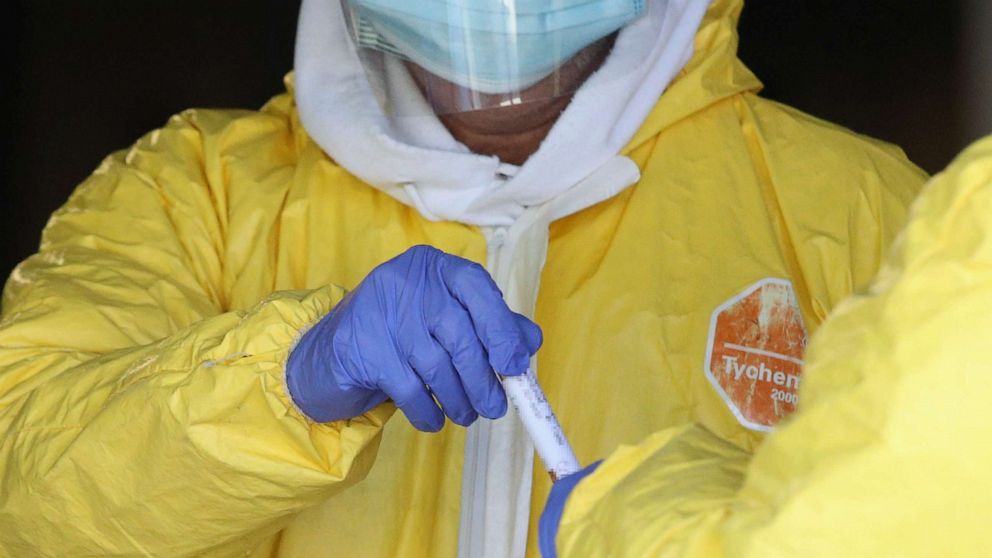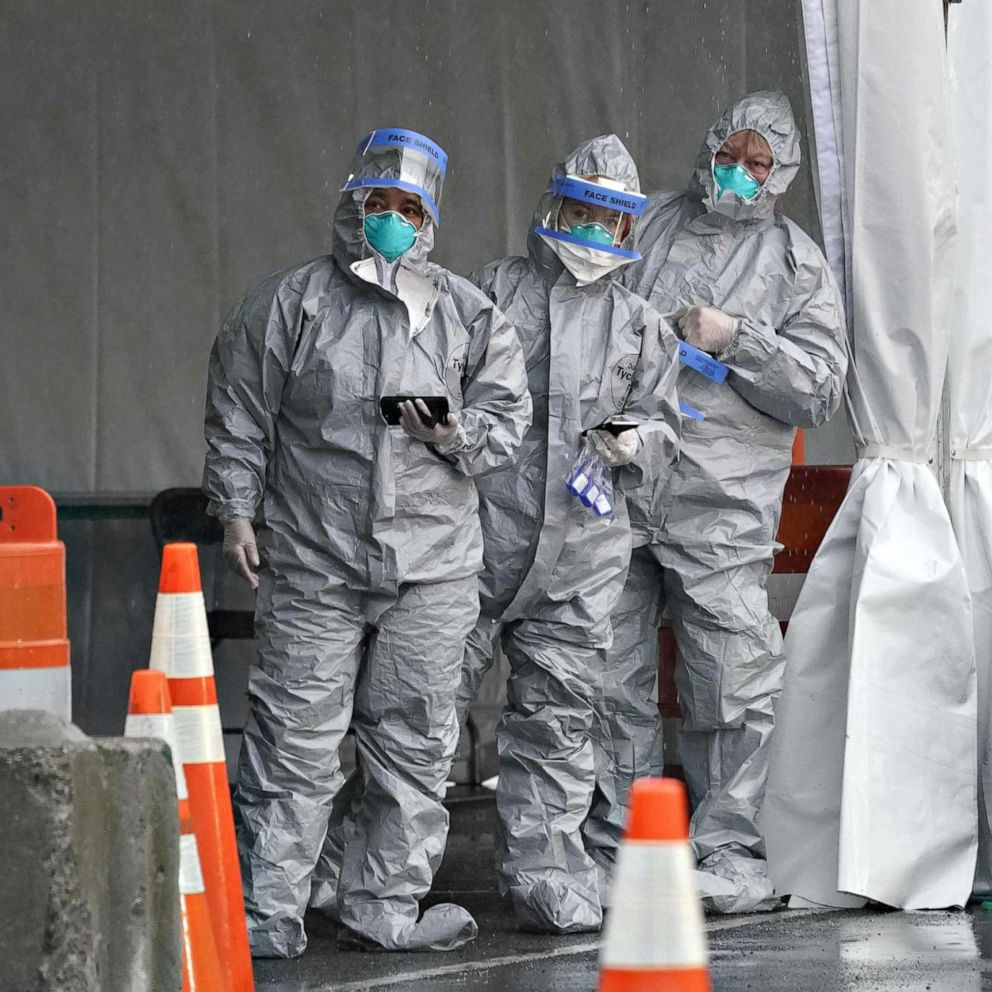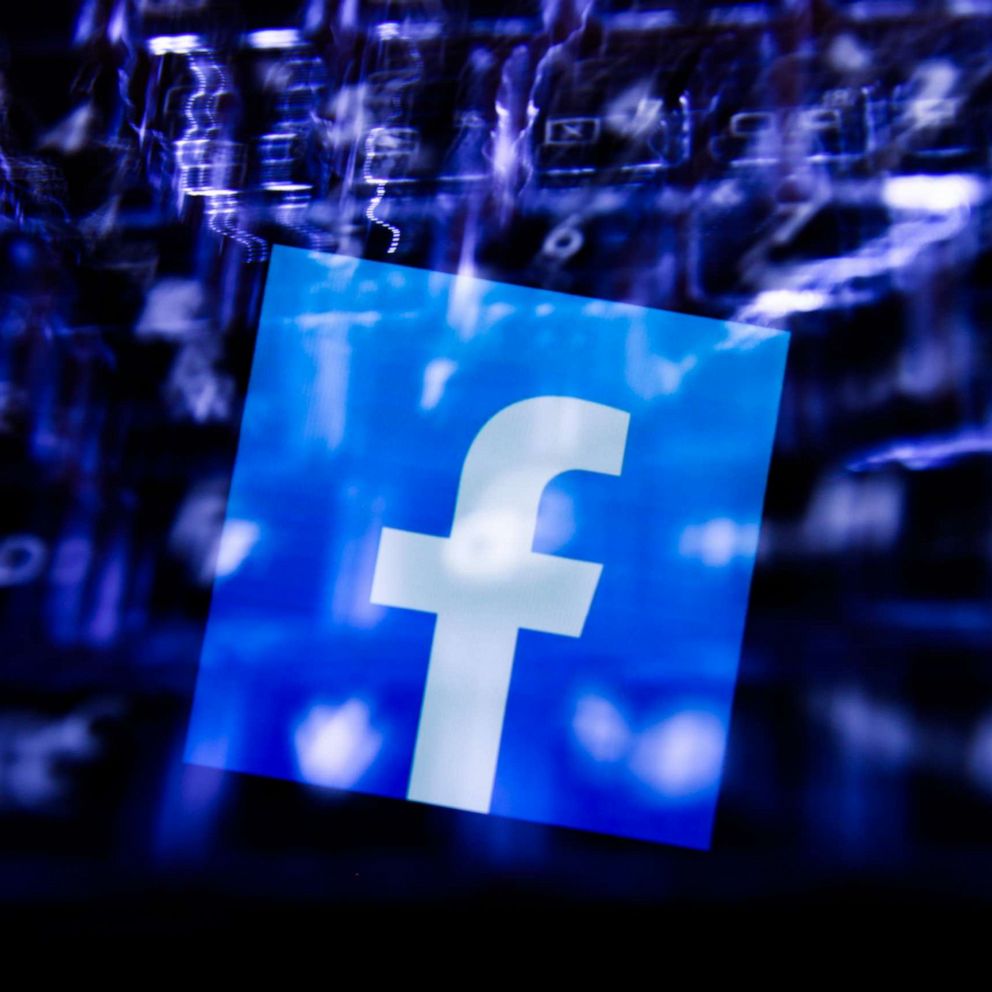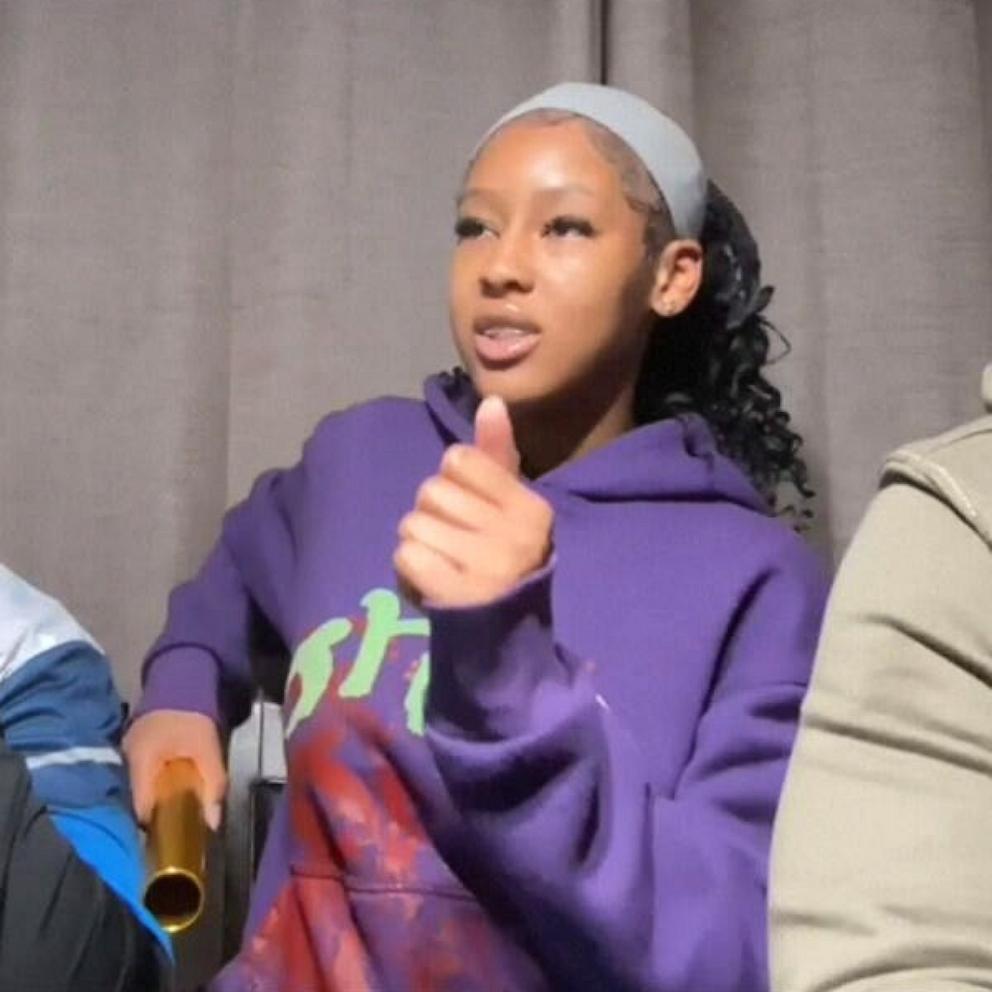Scientists have strong evidence coronavirus originated naturally
As factions inside President Donald Trump's orbit have been floating theories about the novel coronavirus originating in a Chinese bio-research lab, U.S. scientists are hardening their belief that the virus emerged naturally, citing expanded research as proof.
"There's no reason to believe this was made in a lab," Dr. Robert Shafer, professor of Infectious Diseases at Stanford Medical School, told ABC News. "There are many strains in nature that could cause this type of outbreak."
Dr. Robert Garry, a professor at the Tulane School of Medicine, authored one of the first major studies that refutes theories that COVID-19 was engineered as a biological weapon. He told ABC News the new focus of this research has been a special mutation that is thought to be what makes this coronavirus so contagious.
Any time scientists tinker with COVID-19 in the lab, that mutation either changes or completely disappears, Garry said, citing a new study published by the Cold Spring Harbor Laboratory in New York.
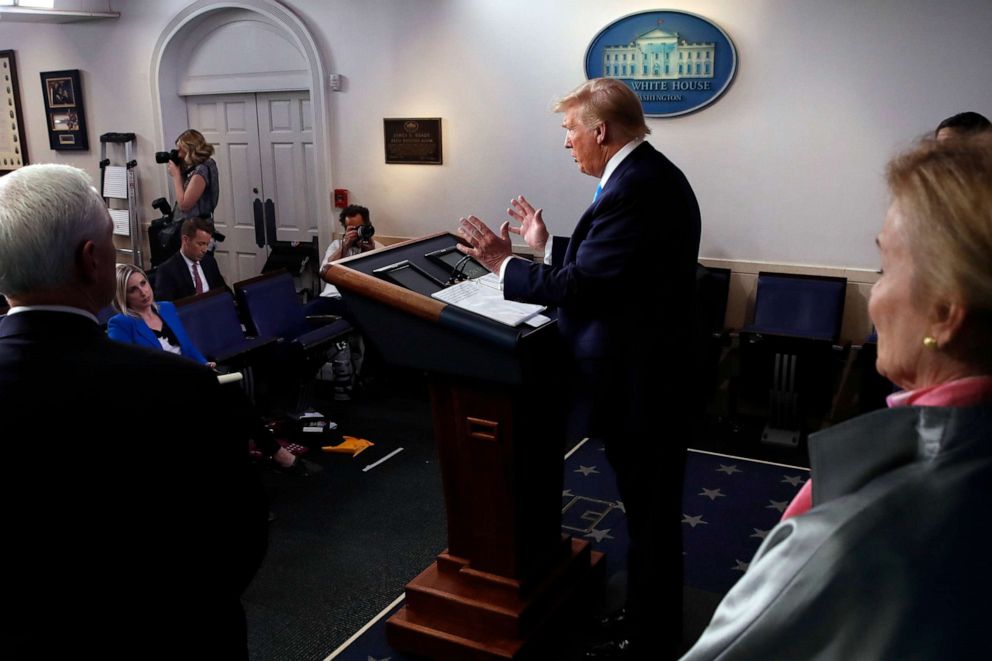
While some people initially speculated that laboratory work created that mutation, it is actually the opposite, Garry told ABC News.
"When you pass the virus with that [mutation] through cell cultures, you actually lose it. So that is not the way it could've been generated," Garry said. "It's more than a hypothesis at this point."
Tune into ABC at 1 p.m. ET and ABC News Live at 4 p.m. ET every weekday for special coverage of the novel coronavirus with the full ABC News team, including the latest news, context and analysis.
Those new scientific conclusions have not prevented the spread of theories asserting that the virus was not born spontaneously, but designed in a laboratory in Wuhan, China. The Wuhan Institute of Virology is a research institute located nearby a seafood market that was initially cited as a possible point of origin for the outbreak of COVID-19. That gave rise to theories alleging the lab intentionally created or spread the virus.
At the same time, the scientific research does not address the question of whether the naturally-occurring virus could have lived in, or escaped from, a laboratory.
"More and more, we're hearing the story, and we'll see," Trump said at a press conference this week. "We are doing a very thorough examination of this horrible situation that happened."
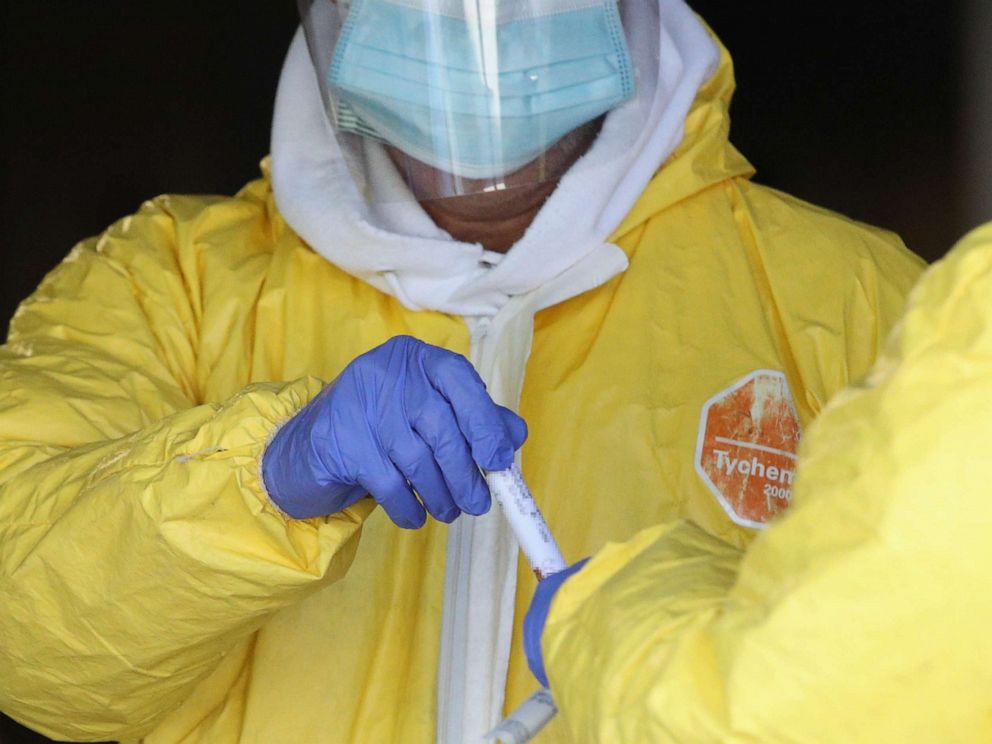
Hours later, Secretary of State Mike Pompeo echoed Trump's statements on Fox News, saying, "The mere fact that we don't know the answers, that China hasn't shared the answers, I think, is very telling."
More chatter on the topic followed comments from the military, including Mark Milley, the chairman of the Joint Chiefs of Staff and Secretary of Defense, and Secretary of Defense Mark Esper, who called for "more transparency" from the Chinese government as to the origin of the virus early last week.
The Chinese government has since issued a directive imposing a strict vetting process of academic research on the origin of COVID-19, as documented in a now-deleted post from a Chinese university.
"We've had intelligence take a hard look at that," Milley said. "The weight of evidence seems to indicate natural, but we don't know for certain."
In the scientific community, though, alternative theories have not gained currency, according to Dr. John Ionnidis, a professor of disease prevention at Stanford Medical School. He told ABC News that the only scientific paper sowing doubts about COVID-19's natural origins had to be retracted after being rebuked by the scientific community.
Ionnidis also said that the COVID-causing coronavirus does not behave or look synthetic in any way.
What to know about coronavirus:
- How it started and how to protect yourself: Coronavirus explained
- What to do if you have symptoms: Coronavirus symptoms
- Tracking the spread in the U.S. and worldwide: Coronavirus map
"The way that it handles itself and binds to its receptors, they don't suggest anything that would be close to human manipulation," he said. "If it were man-made, it would not look like that."
Ionnidis said his conclusions are firm: "There's absolutely no doubt in my mind that this virus was not created in a lab."
